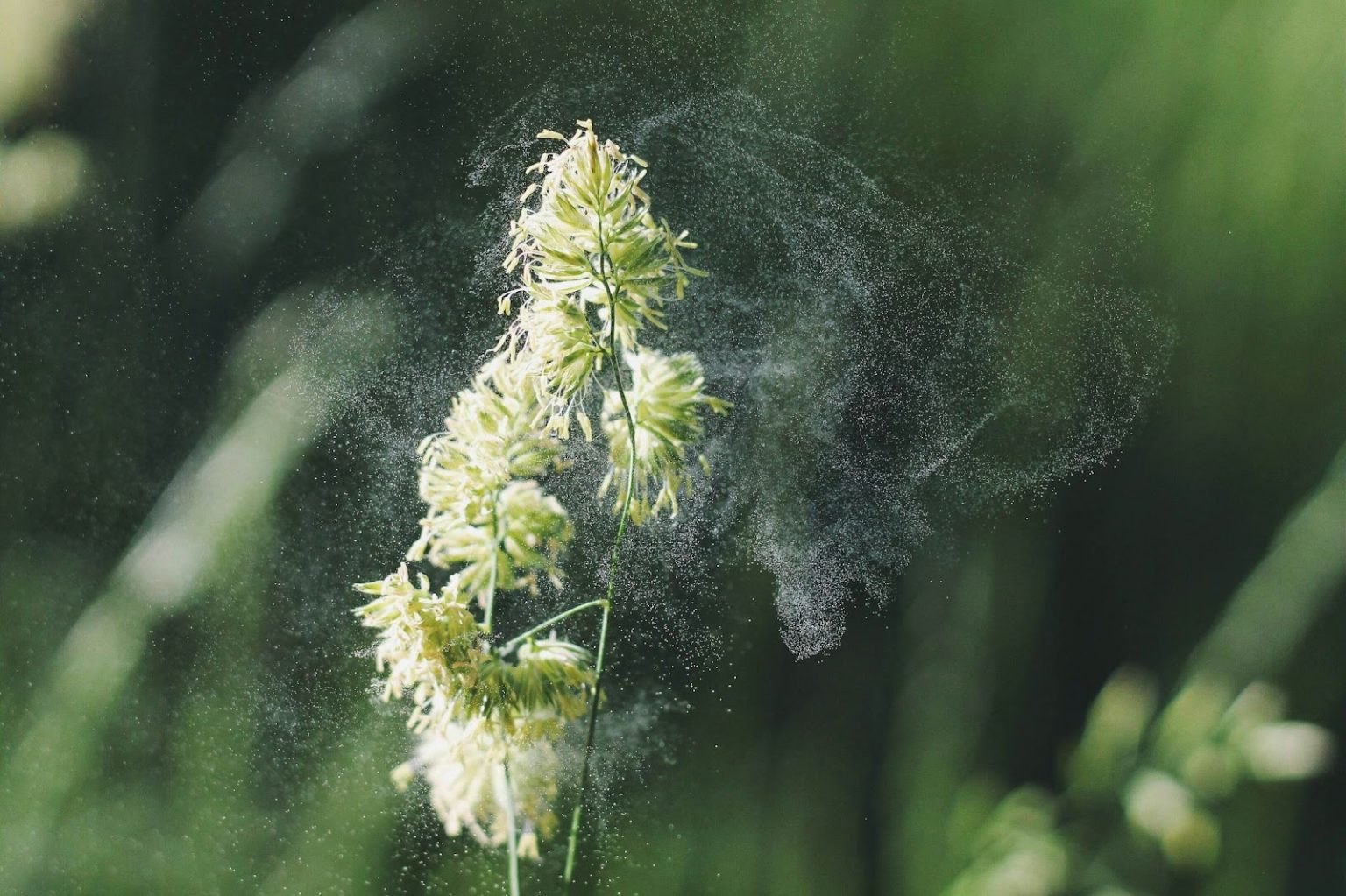In the UK, hayfever season falls between late March and early September. However, due to the recent unseasonably warm conditions, hayfever sufferers may have experienced an early bout of symptoms, as experts say allergy season may have started early.
As seasonal allergies affect up to 1 in 5 people at some point during their life, many sufferers seek effective ways of reducing their symptoms during the peak months.
With this in mind, UK Registered Nutritionist and Chef, Lily Keeling, from recipe box delivery service Green Chef, has revealed tips for lessening common hay fever symptoms through nutrition, and confirms whether the age-old myth of eating local honey holds any truth.
Lily comments, “While it’s suggested that certain food groups can help to lessen the symptoms you experience during allergy season, it’s important to remember that these can have a different effect on different people. What works for one, may not work for another.
“When experimenting with new ways to help reduce symptoms, I advise focusing on eating a well-rounded, nutritional diet, packed with essential healthy fats, vitamins and minerals. This way, your body has all the nutrients it needs to fight symptoms and support overall well-being, and promote healing.”
Which foods might help to reduce hay fever symptoms?
Lily suggests the following key foods to help maintain a well balanced diet.
Vitamin C
Not only does vitamin C brighten up your plate, but according to the NHS, it also helps to maintain healthy skin and bones.
It’s recommended that adults consume 40g of vitamin C a day, and keeping your levels up during allergy season may help your body to fight common hay fever symptoms.
Lily recommends some of the best and tastiest sources of vitamin C:
-
Citric fruits, such as lemons, oranges and grapefruit
-
Red peppers
-
Kiwi
-
Kale
-
Brussels sprouts
Omega 3 fatty acids
Lily comments, “As part of a well balanced diet, it’s important to incorporate healthy fats, such as omega 3 found in oily types of fish.
“While the impact of fatty acids on hay fever symptoms is widely disputed, it’s accepted that they are a key part to maintaining overall health. So there’s no harm trying new recipes with oily fish such as salmon, mackerel and tuna.”
Garlic and onions
While it may seem counterintuitive to consume more onions during hay fever season, when they already have an adverse effect of itchy and irritable eyes, this vegetable, along with garlic, is considered to be anti-inflammatory.
While the effect that onions and garlic have on hay fever symptoms is arguable, and can vary person to person, Lily highlights how these vegetables can help contribute towards a well-rounded and nutritional diet to support wellbeing.
Can local bee’s honey really reduce your allergy symptoms?
Honey is a delicious alternative to sugar that can be added to a number of sweet and savoury recipes. However, the age-old theory that it can help to reduce your hay fever symptoms isn’t necessarily true.
Lily comments, “While there is very little scientific evidence that supports this theory, the idea is that by consuming honey that contains local pollen, you may increase your body’s resistance, and therefore lessen your symptoms over time.
“Honey is a tasty addition to a number of dishes and hot drinks, so there’s no harm in increasing your intake and seeing if you can notice the difference in your symptoms.
“However, honey isn’t necessarily better for you than regular sugar, and has a more complex nutritional profile compared to refined sugar, so consuming honey in moderation is key.”
Lily adds, “While the impact these foods have on hay fever symptoms is disputed in the medical community, it is agreed that having a healthy, well balanced diet is one of the best ways to support your body’s immune system.
“Although it’s crucial to note that these foods shouldn’t be used to replace medical treatment for hay fever, such as antihistamines.”



